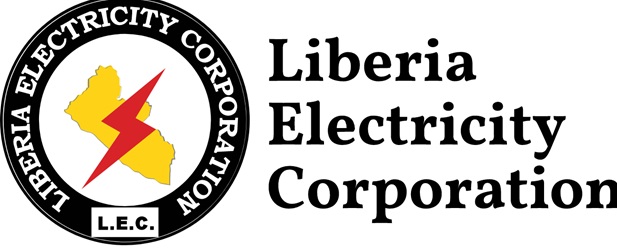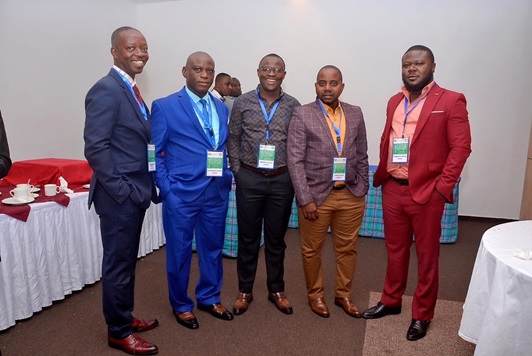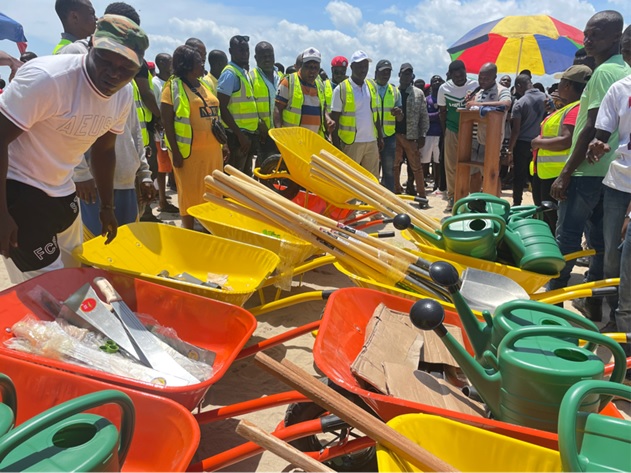Liberia’s electricity supply is expected to face additional constraints following a decision by its main electricity supplier’s inability to continue supplying electricity.
According to a press statement issued recently, the Liberia Electricity Corporation (LEC) advised its customer that “…due to unforeseeable challenges with power generation in Cote d’Ivoire, CI Energies, the electricity supplier through their Transco-CLSG transmission lines, is no longer able to supply Liberia with electricity beyond contracted capacity…”
Following a decision by ECOWAS leaders in 1982 to a stable a regional policy to promote a regional energy market, a Treaty was signed in 2012 by the Heads of State of the CLSG countries to establish a Special Purpose Company called ‘TRANSCO CLSG’ which stands for Transmission Company Côte d’Ivoire, Liberia, Sierra Leone and Guinéa.
Tansco-CLSG became the regional power interconnection facility owner and transmission service provider for the named countries.
The LEC further advised that the decision to end supply of electricity to Liberia will mean that it “may not be able to meet the domestic peak demand, hich is currently 74 Megawatts (MW) well above the current generation capacity of the Corporation….”
It is unclear what led to the decision of TRANSCO CSLG to cancel the renewal of its contract with Liberia which has faced chronic electricity shortage for decades. The country’s main power generation facility at The Mount Coffee was severely damaged and looted during the country’s back-to-back wars in the 1990s. Large swathes of the country face severe economic underdevelopment and depression due to lack of basic amenities including electric power.
According to the latest data on Liberia from the website Global Petrol Prices as of September 2022: The price of electricity is 0.000 U.S. Dollars per kWh for households and 0.000 U.S. Dollars for businesses which includes all components of the electricity bill such as the cost of power, distribution, and taxes. For comparison, the average price of electricity in the world for that period is 0.172 U.S. Dollars per kWh for households and 0.193 U.S. Dollars for businesses…”
The George M. Weah Administration in the West African country has been literally immobilized by mounting and intractable domestic issues which the government has been unable to address.
The decision of impending electricity curtailment will force the LEC to institute harsh load shedding to try to distribute whatever electric power is available to households, businesses, and Government offices.
According to the LEC, “…Communities affected by any such load shedding will experience outages for six (6) to twelve (12) hours…”
In August 2021, the U.S. Ambassador to Liberia Mr. Michael McCarthy visited the facilities of the LEC to acquaint himself with its operations and later said, “…that more than half of all electricity LEC generates is not paid for.
He put it in clear terms: “Each connection that isn’t generating revenue is a step toward the collapse of the electric grid … About two-thirds of the electricity being generated by LEC does not result in revenue [due mostly to power theft]. Without that revenue, how can LEC fix the technical issues? How can they quickly respond to power interruptions? How can they continue to connect more of Liberia to the power grid?”
He acknowledged that electricity is expensive in Liberia, but it will be difficult for that to change because “for each person that illegally connects to a power line, they are making everyone else underwrite the cost of power and making it harder to reduce the cost for those who do pay. They are also making all connections less reliable, which will lead to even more maintenance costs down the road. The only way to reduce the cost of electricity is for every LEC customer to be properly connected and to pay their electricity bills.”







